Nigeria is well-known for its oil exports, but the country’s export market is far more diverse than most people realize. Here are five surprising products that Nigeria exports, showcasing the nation’s rich economic landscape.
Table of Contents
Diverse Nigerian Export Products
Shea Butter
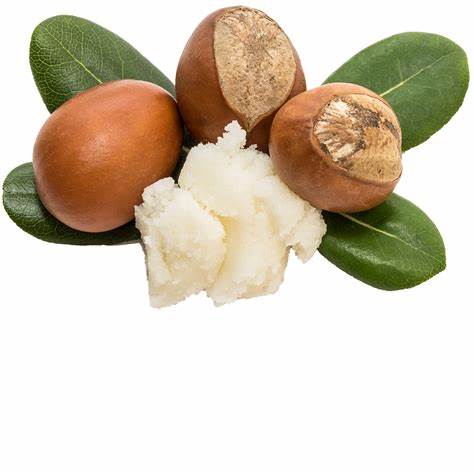
Shea butter is a highly valued commodity in the global beauty and skincare industry, and Nigeria is the leading exporter of shea butter in the world. Derived from the nuts of the shea tree, shea butter, popularly called “ori” in Western Nigeria, is celebrated for its moisturizing properties and is a key ingredient in numerous cosmetics and personal care products. The export of shea butter not only provides a substantial income for Nigerian farmers but also highlights the country’s potential in the natural products market.
The production process involves harvesting the nuts, drying them, and then grinding and roasting them before extracting the oil, which solidifies into butter. This traditional method of production has been passed down through generations, particularly among women in rural communities, who form the backbone of the shea butter industry. By exporting this valuable commodity, Nigeria supports thousands of families and contributes to the global beauty market, which continues to grow as consumers seek natural and organic products.
Ginger
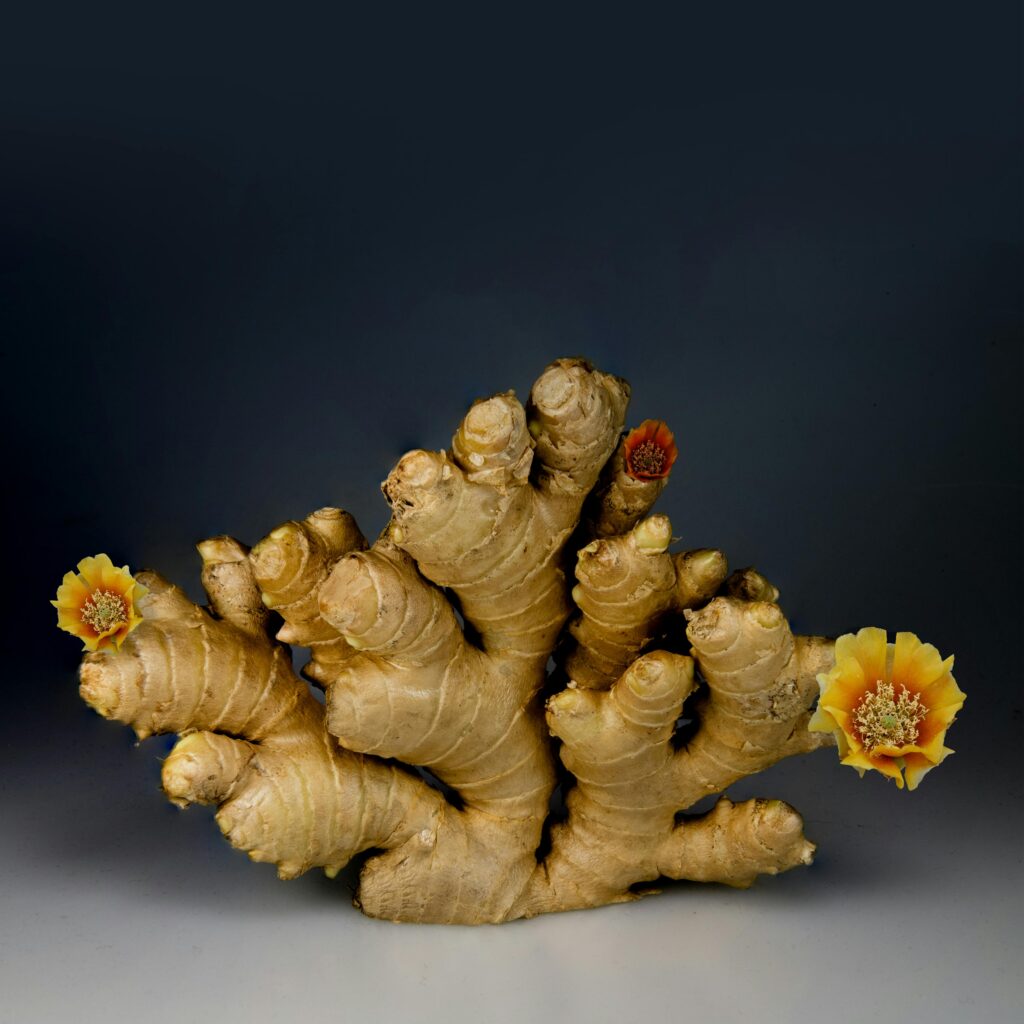
The versatility of ginger in both culinary and medicinal applications has driven its demand. It is used in various forms, such as fresh, dried, powdered, and as an essential oil. Ginger’s anti-inflammatory and antioxidant properties make it a staple in natural medicine, contributing to its global demand. Nigerian farmers have capitalized on this trend by adopting better farming practices and leveraging the country’s favorable climate to produce high-quality ginger. This has enabled Nigeria to become a top exporter, competing with other major producers like India and China.
Nigeria is one of the world’s largest producers of ginger, a spice that has gained immense popularity for its health benefits and as a cooking ingredient. Nigerian ginger is known for its strong flavour and high oil content, making it a preferred choice in the international market. Exporting ginger has opened up new economic opportunities for Nigerian farmers and has put the country on the map as a significant player in the global spice trade.
Hibiscus Flowers
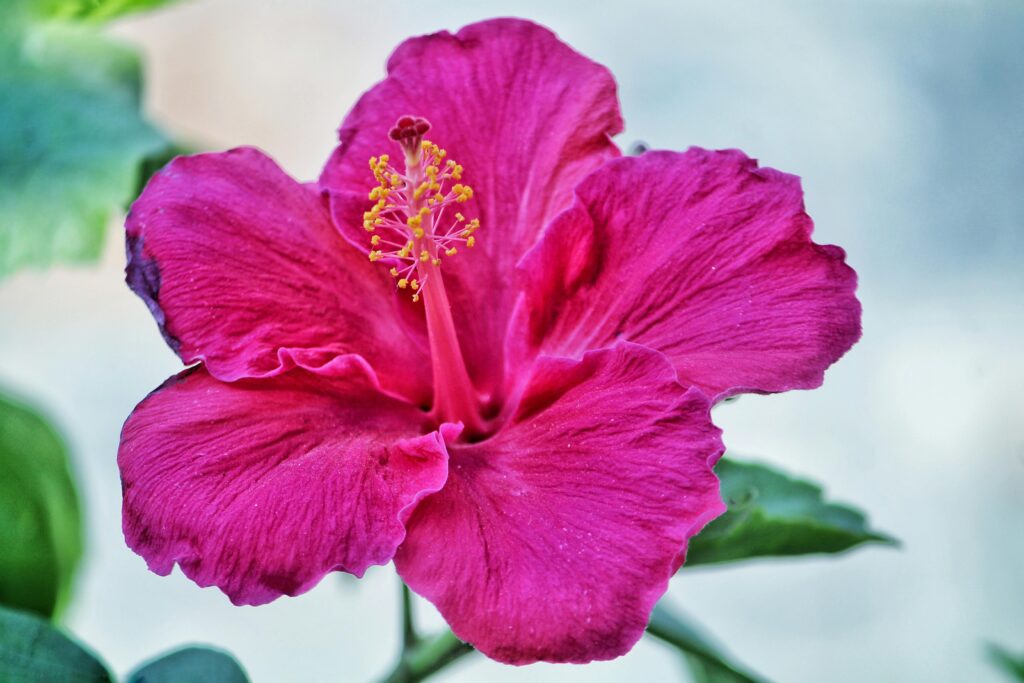
Hibiscus flowers, particularly the Roselle variety, are another surprising export from Nigeria. These flowers are used to make hibiscus tea, popularly called “Zobo”, which is renowned for its vibrant colour and refreshing taste. Rich in antioxidants, hibiscus tea is sought after for its health benefits, including aiding digestion and lowering blood pressure. The export of dried hibiscus flowers has become a thriving business, especially to markets in Europe and North America where demand for herbal teas is on the rise.
Hibiscus flowers are harvested, dried, and then processed for export. The global popularity of herbal teas has provided Nigerian farmers with a lucrative market, where the unique qualities of Nigerian hibiscus can shine. This has encouraged local farmers to increase production and improve the quality of their crops. Additionally, the hibiscus export business has fostered community-based agricultural projects that empower local farmers and promote sustainable farming practices.
Sesame Seeds
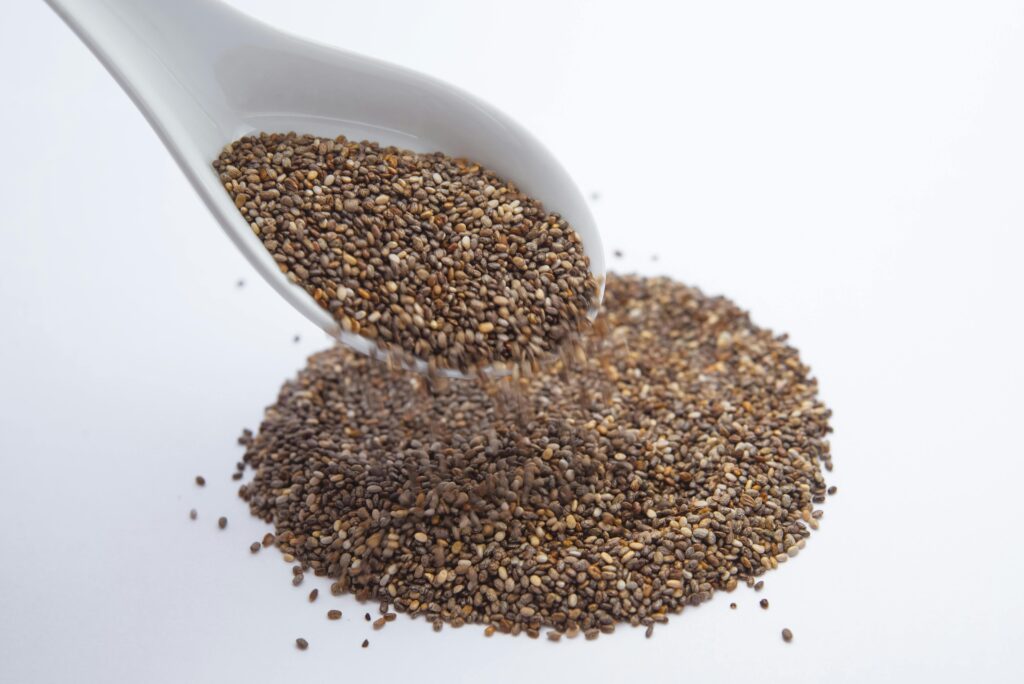
Nigeria is a major exporter of sesame seeds, which are prized for their nutritional value and oil content. These tiny seeds are used in a variety of products, from baked goods to health foods, and their oil is a popular ingredient in the culinary and cosmetic industries. The global demand for sesame seeds has grown significantly, and Nigerian farmers have capitalized on this trend, making sesame seeds one of the country’s top non-oil exports.
The production of sesame seeds involves planting, harvesting, and carefully processing the seeds to meet international standards. Sesame seeds are rich in healthy fats, protein, and minerals, making them a sought-after ingredient in health-conscious markets. Nigeria’s strategic position in the sesame seed market has been bolstered by government initiatives aimed at improving agricultural productivity and expanding export capabilities.
Cocoa
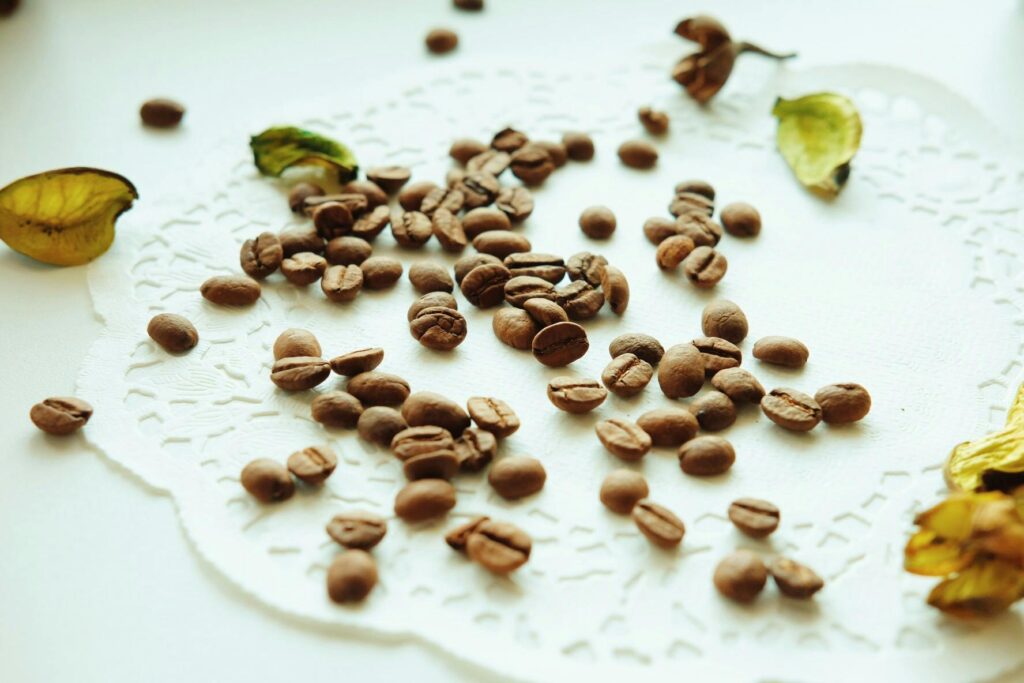
While West Africa is known for cocoa production, Nigeria’s role is often overshadowed by Ghana and Ivory Coast. However, Nigeria is a significant cocoa exporter in its own right, contributing to the global supply of cocoa beans used to produce chocolate. Nigerian cocoa beans are valued for their quality and rich flavor. The country’s cocoa industry not only supports local economies but also contributes to the global chocolate production chain, making it an essential player in this sweet market.
Cocoa farming in Nigeria involves the cultivation of cocoa trees, harvesting the pods, and fermenting and drying the beans to develop their characteristic flavor. The country’s cocoa industry faces challenges such as fluctuating global prices and the need for improved farming techniques. However, initiatives to support farmers through training and access to better farming inputs have started to yield positive results. Nigerian cocoa continues to be a significant export, with the potential for further growth as global demand for chocolate remains strong.
How you can tap into the Nigerian Export market
If you are looking at taking advantage of the large market for any of the above products, the Export Business Coach (EBC) Programme is the course that you need to guide you. The EBC Programme is an online, step-by-step video training where you will be guided by seasoned experts till you are able to start and scale your own export business to $10,000+ per month in 21 days.
